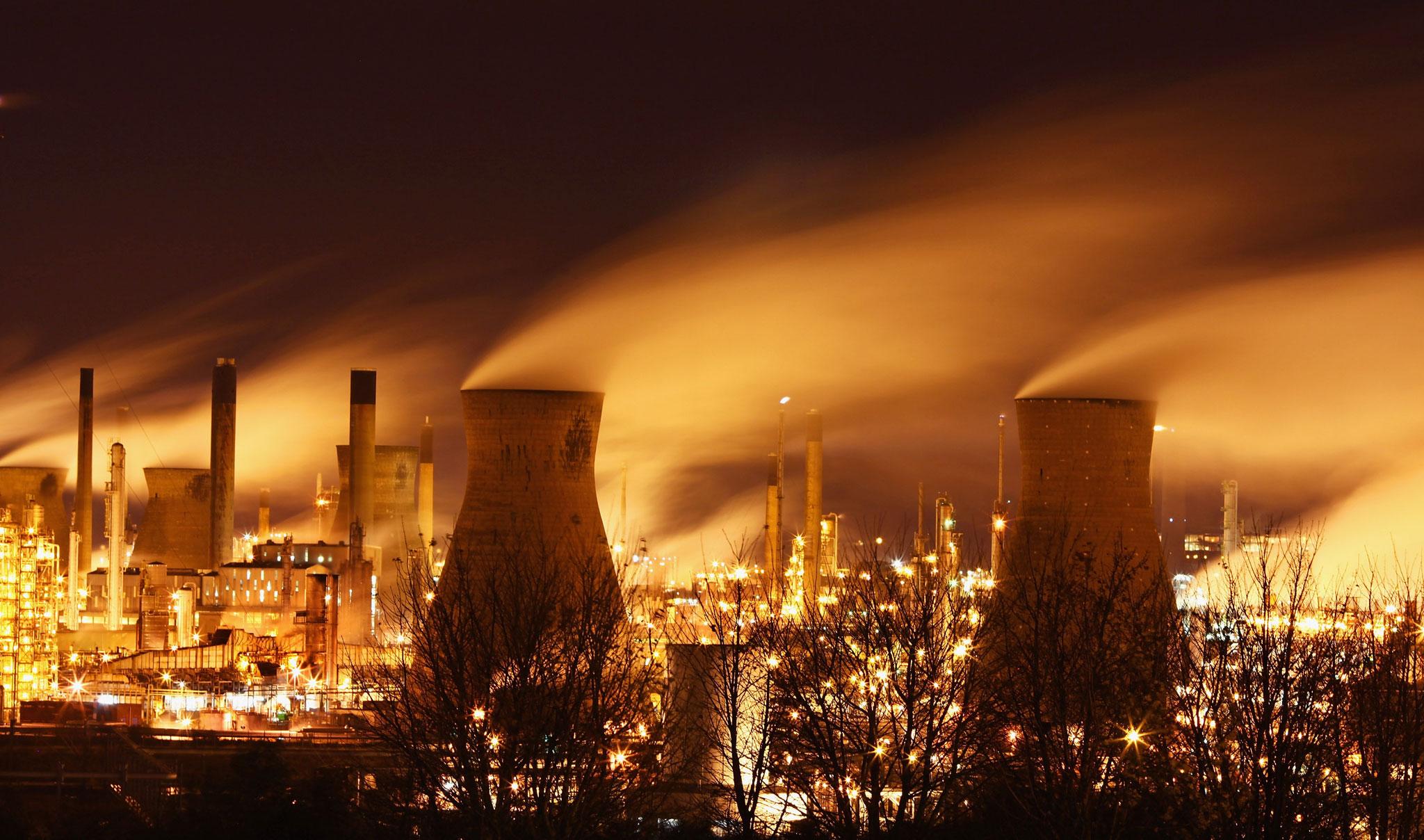This Changes Everything: Capitalism vs The Climate by Naomi Klein, book review
In her polemical new book, Naomi Klein argues that mass mobilisation is our only hope if we are to fight the lethal challenge of global warming

Your support helps us to tell the story
From reproductive rights to climate change to Big Tech, The Independent is on the ground when the story is developing. Whether it's investigating the financials of Elon Musk's pro-Trump PAC or producing our latest documentary, 'The A Word', which shines a light on the American women fighting for reproductive rights, we know how important it is to parse out the facts from the messaging.
At such a critical moment in US history, we need reporters on the ground. Your donation allows us to keep sending journalists to speak to both sides of the story.
The Independent is trusted by Americans across the entire political spectrum. And unlike many other quality news outlets, we choose not to lock Americans out of our reporting and analysis with paywalls. We believe quality journalism should be available to everyone, paid for by those who can afford it.
Your support makes all the difference.The proposition that the world's political and economic institutions are preventing us from meeting the lethal challenge of global warming is hardly novel. But Naomi Klein in her new book articulates the case as forcefully and comprehensively as anyone has yet managed.
The Canadian journalist who made her name with the anti-globalisation tract, No Logo, 14 years ago, argues the globalised economy, underpinned by free-market conventional wisdom among politicians, has become a doomsday machine, pumping out ever increasing quantities of carbon and setting our civilisation up for a head-on collision with environmental disaster.
She advances her thesis through reportage, factual exposition and polemic. She covers the human poles of the battle, visiting a climate change denial conference and communities in Greece and Canada that have mobilised against fossil fuel extraction.
There's a forensic chapter on billionaires such as Warren Buffett, Michael Bloomberg and Bill Gates, who pay lip service to the need to reduce carbon emissions but when it comes to their commercial affairs practice business as usual. Richard Branson is exposed as a veritable geyser of this kind of corporate "greenwash". Klein also has astute insights into the motivations of the influential gang of charlatans and obsessives who reject the science of climate change.
Klein is a first-class sloganiser. Our dependence on deposits of coal and oil made from prehistoric vegetation and animal matter make us "a society of grave robbers". We're treating nature like "a bottomless vending machine". Yet despite lobbing in these occasional firecrackers Klein's a pretty pedestrian writer. She seems to fill pages with tedious acronyms and the names of obscure academics. The descriptive passages of the natural world are soporific. Nevertheless, Klein doesn't pretend that she is producing a dainty work of literature. This is a piece of political advocacy. And that's the light in which it really ought to be judged.
Klein's central argument is that if we are to prevent global warming laying waste to much of the planet over this century, we need a revolution; a revolution in our politics, our economy, our values. She says we must drop the delusion that the private sector will decarbonise itself. Yet it is also folly, she argues, to expect elected politicians to do what is necessary. That would require them to "unlearn" the "core tenets of the stifling free-market ideology that governed every stage of their rise to power".
One might quibble with the language but the alacrity with which climate change has slid down the agenda of Western politicians over the past decade, even as the science has grown more alarming, makes it difficult to push back against that basic conclusion. The evolution of David Cameron from husky hugger to scourge of "green crap" legislation over the past eight years is a snapshot of the problem. Democracies seem incapable of dealing with a transnational, slowly unfolding, peril like global warming. The political impossibility of introducing a simple measure such as a carbon tax, something that even many economists on the right think would be sensible, is a testament to that dysfunction.
For Klein the only hope lies in popular mobilisation. Invocations of the economic necessity and even benefits of decarbonisation are a dead end, she tells us. Campaigners should, instead, be appealing to the public's sense of right and wrong, highlighting the horrendous cost that will inevitably be borne by the planet's poorest communities.
She characterises the fight as akin to other great moral struggles, such as the abolition of slavery, which required hitting very rich people in the pocket. But the intellect is pessimistic. That has been thoroughly tried by green groups in recent decades with no discernible success in shifting public opinion. If moral appeals were capable of waking us up over climate change, wouldn't they have done so by now?
Ben Chu is economics editor of The Independent
Join our commenting forum
Join thought-provoking conversations, follow other Independent readers and see their replies
Comments